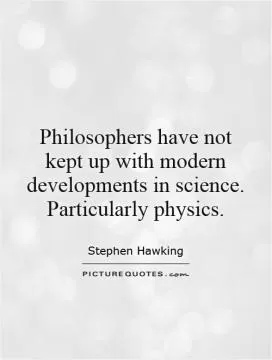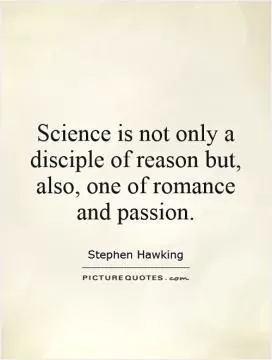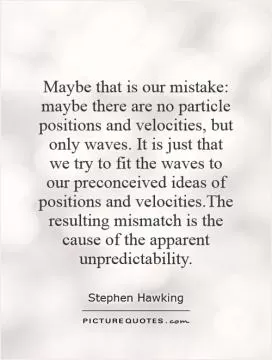There are grounds for cautious optimism that we may now be near the end of the search for the ultimate laws of nature

There are grounds for cautious optimism that we may now be near the end of the search for the ultimate laws of nature
Stephen Hawking, one of the most brilliant minds of our time, was a firm believer in the power of science to uncover the ultimate laws of nature. Throughout his career, he dedicated himself to the pursuit of understanding the fundamental principles that govern the universe. In his famous book, "A Brief History of Time," Hawking explored the origins of the universe, the nature of black holes, and the possibility of a unified theory of physics.Hawking's optimism about the possibility of finding the ultimate laws of nature was rooted in his belief in the power of human reason and ingenuity. He believed that through careful observation, experimentation, and theoretical analysis, scientists could uncover the underlying principles that govern the behavior of the universe. He was particularly interested in the search for a unified theory of physics that could explain the fundamental forces of nature in a single, elegant framework.
One of the key insights that Hawking brought to the field of theoretical physics was his work on black holes. He showed that these mysterious objects are not truly black, but instead emit a faint radiation known as Hawking radiation. This discovery revolutionized our understanding of black holes and provided new insights into the nature of gravity and quantum mechanics.
Hawking's work on black holes also highlighted the importance of pushing the boundaries of scientific knowledge. He believed that there are still many mysteries left to uncover in the universe, and that the search for the ultimate laws of nature is far from over. However, he was cautiously optimistic that with continued research and collaboration, we may be nearing a breakthrough in our understanding of the fundamental principles that govern the universe.












 Friendship Quotes
Friendship Quotes Love Quotes
Love Quotes Life Quotes
Life Quotes Funny Quotes
Funny Quotes Motivational Quotes
Motivational Quotes Inspirational Quotes
Inspirational Quotes